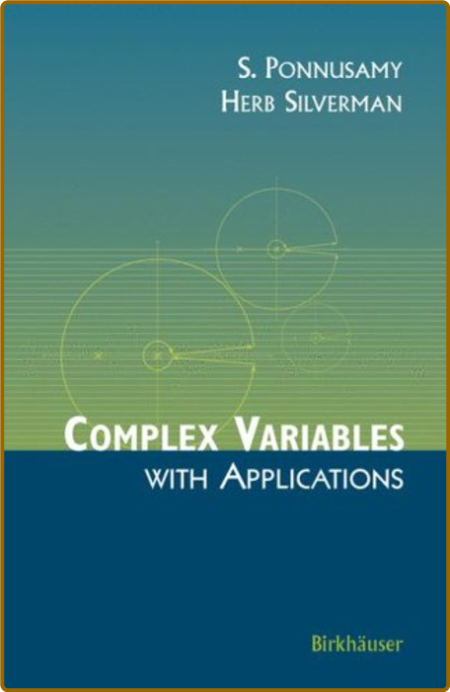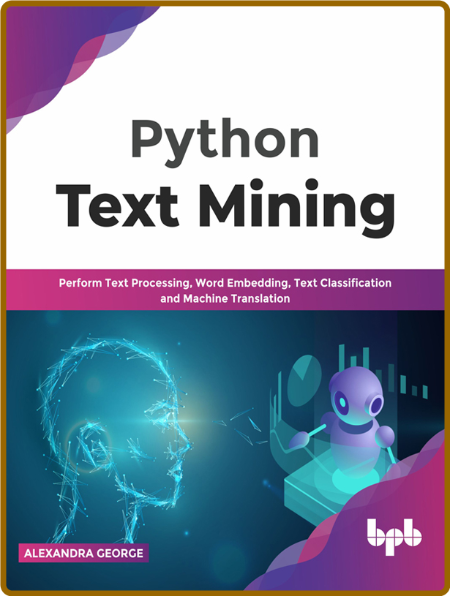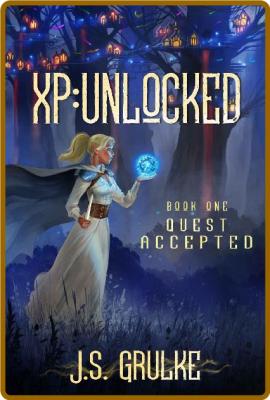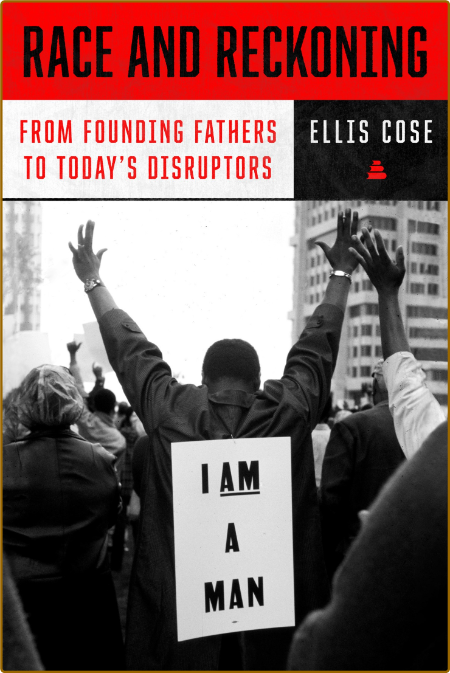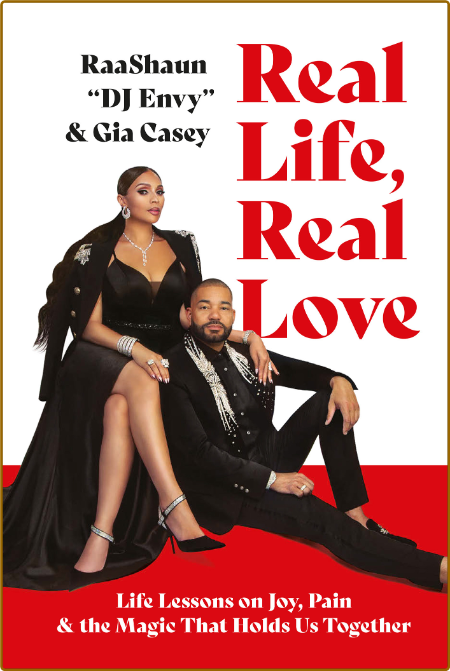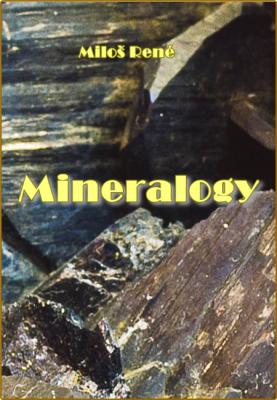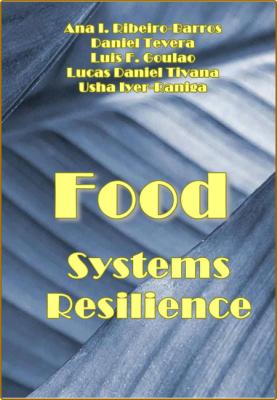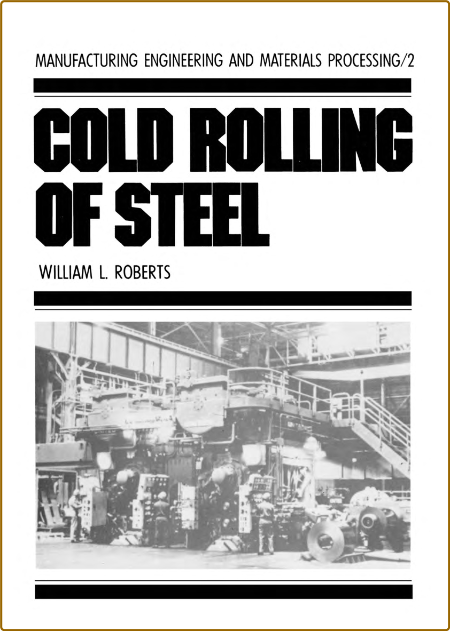Make use of the most advanced machine learning techniques to perform NLP and feature extraction
Key Features
● Learn about pre-trained models, deep learning, and transfer learning for NLP applications.
● All-in-one knowledge guide for feature engineering, NLP models, and pre-processing techniques.
● Includes use cases, enterprise deployments, and a range of Python based demonstrations.
Description
Natural Language Processing (NLP) has proven to be useful in a wide range of applications. Because of this, extracting information from text data sets requires attention to methods, techniques, and approaches.
'Python Text Mining' includes a number of application cases, demonstrations, and approaches that will help you deepen your understanding of feature extraction from data sets. You will get an understanding of good information retrieval, a critical step in accomplishing many machine learning tasks. We will learn to classify text into discrete segments solely on the basis of model properties, not on the basis of user-supplied criteria. The book will walk you through many methodologies, such as classification, that will enable you to rapidly construct recommendation engines, subject segmentation, and sentiment analysis applications. Toward the end, we will also look at machine translation and transfer learning.
By the end of this book, you'll know exactly how to gather web-based text, process it, and then apply it to the development of NLP applications.
What you will learn
● Practice how to process raw data and transform it into a usable format.
● Best techniques to convert text to vectors and then transform into word embeddings.
● Unleash ML and DL techniques to perform sentiment analysis.
● Build modern recommendation engines using classification techniques.
Who this book is for
This book is a good place to start with examples, explanations, and exercises for anyone interested in learning more about advanced text mining and natural language processing techniques. It is suggested but not required that you have some prior programming experience.
Table of Contents
1. Basic Text Processing Techniques
2. Text to Numbers
3. Word Embeddings
4. Topic Modeling
5. Unsupervised Sentiment Classification
6. Text Classification Using ML
7. Text Classification Using Deep learning
8. Recommendation engine
9. Transfer Learning

 Our Live Cams
Our Live Cams




 Reply With Quote
Reply With Quote